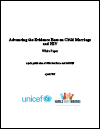Publications on Young People
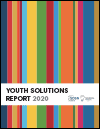
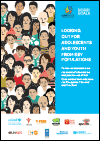
This formative assessment on the needs of adolescents and youth at risk presents the experiences of adolescents and young people including those from key populations and the perspectives of experts working with young people in the four domains: education, parental and peer support, communication and mental health – in relation to HIV risk and prevention, and broader sexual reproductive health rights, including perceived needs, access to and use of services, and barriers and opportunities for young people.
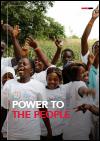
A new report by UNAIDS, Power to the people, released ahead of #WorldAIDSDay, shows that where people and communities living with and affected by HIV are engaged in decision-making and #HIV service delivery, new infections decline and more people living with HIV gain access to treatment. When people have the power to choose, to know, to thrive, to demand and to work together, lives are saved, injustices are prevented and dignity is restored.
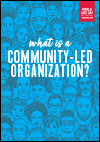
Community-led organizations are led by the people who they serve and are primarily accountable to them. In the AIDS response, this includes organizations by and for people living with HIV or tuberculosis and organizations by and for people affected by HIV, including gay men and other men who have sex with men, people who use drugs, prisoners, sex workers, transgender people, women and young people.
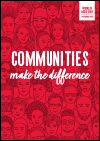
Communities make an invaluable contribution to the AIDS response. Communities of people living with HIV, of key populations—gay men and other men who have sex with men, people who use drugs, sex workers, prisoners, transgender people and prisoners—and of women and young people lead and support the delivery of HIV services, defend human rights, support their peers. Communities are the lifeblood of an effective AIDS response and an important pillar of support.
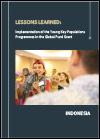
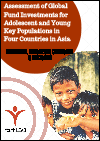
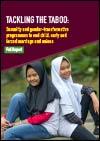
Tackling the Taboo focuses on the need to address patriarchal control of adolescent girls’ sexuality in the fight against child, early and forced marriage and unions, and highlights the vital role played by gender-transformative programmes. The report presents findings from a review of 23 organizations that work at the intersection of child marriage and sexuality, and includes three case studies that feature the work of grassroots organizations working in politically and culturally conservative contexts.






